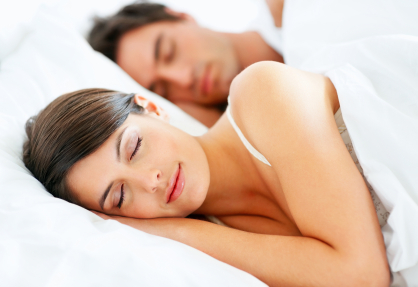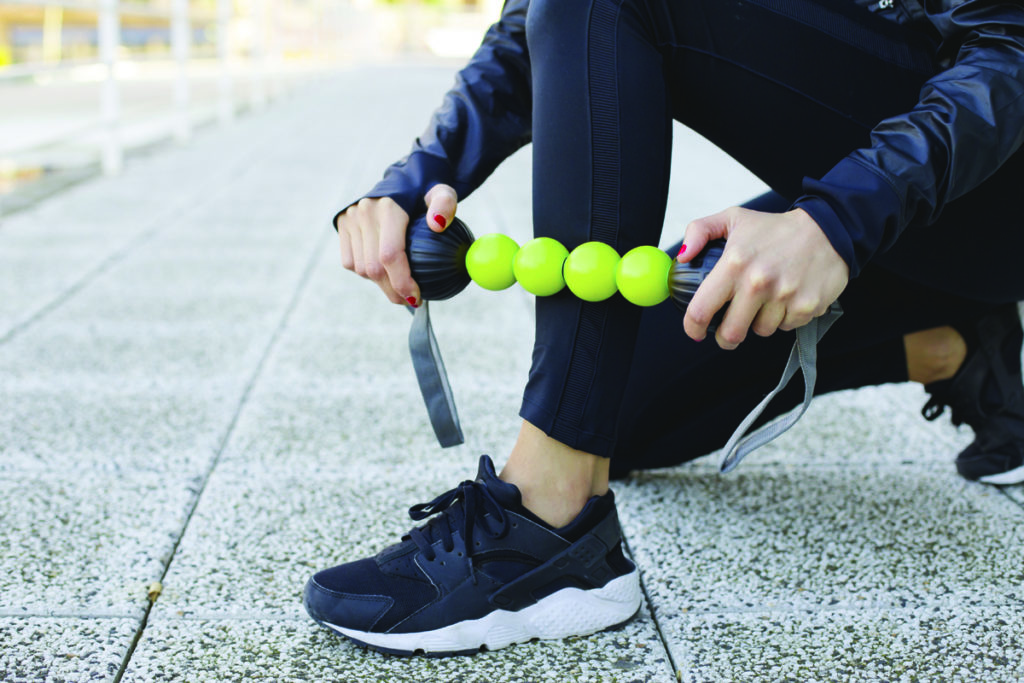Sleep Matters

Do you struggle to stay alert at work, at home—and maybe even at the wheel? Although good sleep is essential for good health and well-being, millions of Americans are simply not getting enough or are suffering from other sleep problems, says the National Sleep Foundation.
If you’re not spending enough time in slumberland these days, discover how you can sleep better and longer with these strategies from Terrie Heinrich Rizzo, MAS, an international health educator and former program director of health and fitness education programs at the Stanford University Health Improvement Program.
So how much sleep do you need? Here’s a quick rule of thumb from Daniel Buysse, MD, medical director of the sleep evaluation center at the University of Pittsburgh’s Western Psychiatric Institute and Clinic, in Pennsylvania: if you’re functioning well and can’t sleep more, even when there’s an opportunity, you’re fine. But if you’re often sleepy during the day or if you sleep late on weekends to try to catch up, you’re likely running a sleep deficit and are at risk.
If you’re having trouble sleeping, follow these expert recommendations for a good night’s sleep:
Make the Bedroom the BEDroom. Use it only for sleep and sex. Move out work materials, computers and even TVs.
Lower the Thermostat. A mild drop in body temperature helps induce sleep. For best sleep conditions, the ideal temperature is 60–65 degrees Fahrenheit, says the Better Sleep Council.
Darken the Room. Light is a “wake-up” cue. Install blackout shades or heavy drapes, and eliminate gaps with drape or “chip” clips. Use low-wattage lights. Also, turn or hide illuminated clocks, to remove “stealth” light.
Minimize Noise. Try a white-noise machine or use stand-alone or ceiling fans that provide sleep-friendly low-level humming. Alternatively, consider earplugs made of soft foam or moldable silicone.
Evaluate Your Mattress. If you regularly waken feeling stiff or if you sleep better away from home, consider a new mattress. Always “test-drive” mattresses by mimicking your sleep positions.
In addition to physical factors, the following suggestions can help you get better sleep.
Relax Before Bedtime. Develop a presleep ritual—reading, light stretching, hot baths, anything relaxing.
Go to Bed at the Same Time, Even on Weekends. This helps regulate your “internal clock” and cues your body for snooze time.
Exercise Regularly. Regular exercise—especially in the morning or afternoon—helps deepen and extend sleep. However, be aware that exercise within 3 hours of bedtime can be counterproductive by raising body temperature and adrenaline, making sleep more elusive.
Minimize Late-Night Stress and Anxiety. Complete stressful chores at least 2 hours before bedtime. If a racing mind is causing nighttime wakefulness, keep a pad and pen handy; the simple act of writing down thoughts can be relieving.
If you still have trouble sleeping after addressing common factors, you may have an actual sleep disorder that requires medical attention. If sleep problems persist longer than 3 weeks or frequently recur, check with your doctor.
These items can also keep you awake:
Medications. Antihistamines, decongestants, blood pressure medicine, beta-blockers and pain medications can disturb sleep. Discuss them with your doctor.
Allergies. Consider pillows, sheets, fabric softeners, detergents, dust, mold, perfume, pets in the bed or other potential allergens. These things can cause congestion, worsen snoring and affect sleep quality.
Your Partner. Differing body clocks or sleep patterns—not to mention his or her thrashing or snoring—may be the root of your sleep problem. A mattress with individual pocketed coils can minimize movement-related disturbances. If all else fails, twin beds (or even separate bedrooms) might help you both get more sleep.
This Fitness Handout is a service of IDEA, the leading international membership association in the health and fitness industry, www.ideafit.com.





